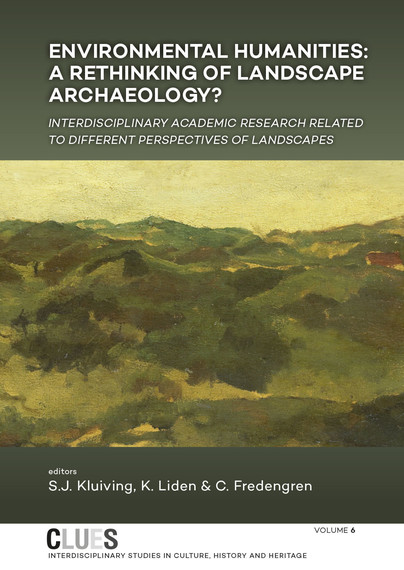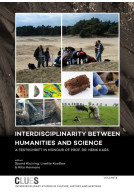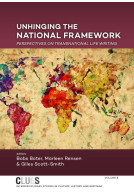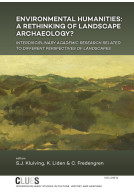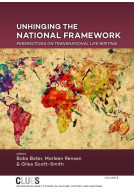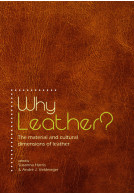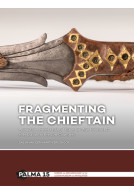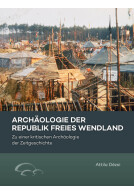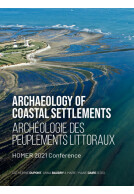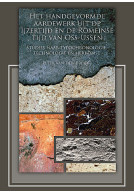Google Books previews are unavailable because you have chosen to turn off third party cookies for enhanced content. Visit our cookies page to review your cookie settings.
Environmental Humanities (Paperback)
A rethinking of landscape archaeology? Interdisciplinary academic research related to different perspectives of landscapes
Imprint: Sidestone Press
Series: CLUES
Pages: 108
Illustrations: 6fc/18bw
ISBN: 9789464270037
Published: 15th June 2021
Script Academic & Professional
Series: CLUES
Pages: 108
Illustrations: 6fc/18bw
ISBN: 9789464270037
Published: 15th June 2021
Script Academic & Professional
You'll be £30.00 closer to your next £10.00 credit when you purchase Environmental Humanities. What's this?
+£4.99 UK Delivery or free UK delivery if order is over £40
(click here for international delivery rates)
Order within the next 10 hours, 12 minutes to get your order processed the next working day!
Need a currency converter? Check XE.com for live rates
(click here for international delivery rates)
Order within the next 10 hours, 12 minutes to get your order processed the next working day!
Need a currency converter? Check XE.com for live rates
There has been an increasing archaeological interest in human-animal-nature relations, where archaeology has shifted from a focus on deciphering meaning, or understanding symbols and the social construction of the landscape to an acknowledgement of how things, places and the environment contribute with their own agencies to the shaping of relations. This means that the environment cannot be regarded as a blank space that landscape meaning is projected onto. Parallel to this, the field of environmental humanities poses the question of how to work with the intermeshing of humans and their surroundings. To allow the environment back in as an active agent of change, means that landscape archaeology can deal better with issues such as global warming, an escalating loss of biodiversity as well as increasingly toxic environment. However, this does not leave human agency out of the equation. It is humans who reinforce the environmental challenges of today. The scholarly field of the humanities deal with questions like how is meaning attributed, what cultural factors drive human action, what role is played by ethics, how is landscape experienced emotionally, as well as how concepts derived from art, literature, and history function in such processes of meaning attribution and other cultural processes. This humanities approach is of outmost importance when dealing with climate and environmental challenges ahead and we need a new landscape archaeology that meets these challenges, but also that meets well across disciplinary boundaries. Here inspiration can be found in discussions with scholars in the emerging field of Environmental Humanities.
Other titles in the series...
Other titles in Sidestone Press...







